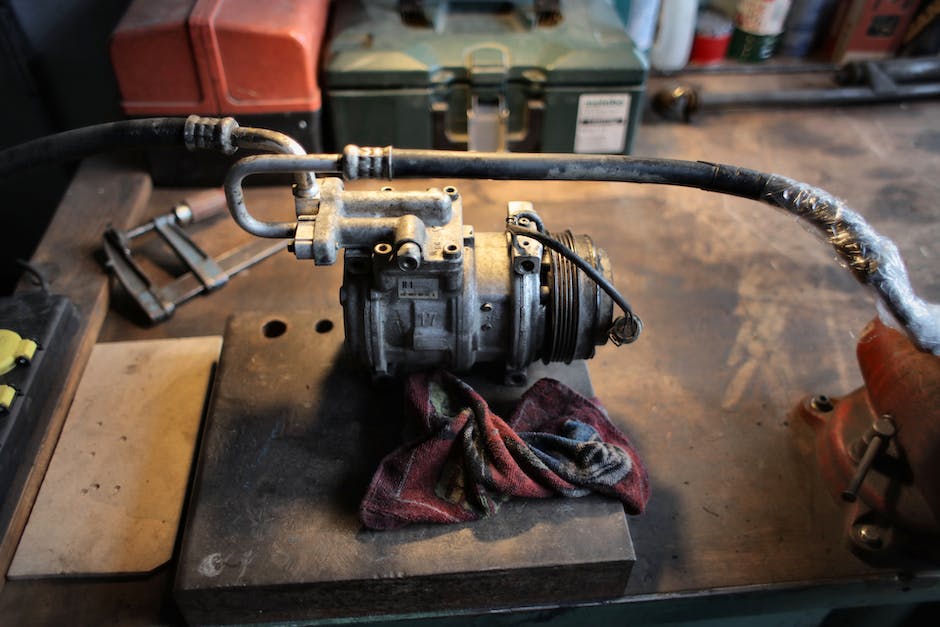How Your Business Can Contribute to Sustainability Through Industrial Metal Recycling
In a world increasingly focused on sustainability, industrial metal recycling stands out as a transformative practice for businesses looking to reduce their environmental impact. This guide will reveal how integrating metal recycling into your operations can lead not only to significant environmental benefits but also to potential economic advantages.
The Importance of Industrial Metal Recycling for Sustainability
Industrial metal recycling plays a critical role in preserving our natural resources and reducing carbon emissions. Metals like steel, aluminum, and copper can be recycled indefinitely without losing their quality, offering a sustainable alternative to mining new materials. By choosing to recycle, businesses can significantly lower their environmental footprint.
Furthermore, the energy savings from recycling metals are substantial. Recycling aluminum uses 95% less energy than producing new aluminum from ore, while recycling steel saves 60% energy. This massive reduction in energy consumption directly translates to fewer greenhouse gases, propelling us towards a greener planet.
How to Start Industrial Metal Recycling in Your Business
Initiating an industrial metal recycling program begins with assessing your current waste management practices. Identify and segregate metals that are frequently discarded and consult with recycling experts to establish a collection system. Ensuring employees are educated and engaged with the recycling program is also vital for its success.
Partner with reputable recycling facilities that have the capability to process industrial-grade metals. Not only does this support the recycling ecosystem, but it may also provide your business with financial returns on the recyclable metals.
Simplicity in implementation is key. Simplify the recycling process for your team as much as possible to encourage participation. Simple steps such as clear labeling of recycling bins and regular collection schedules can make a significant difference.
Case Studies: Success Stories of Industrial Metal Recycling
One notable success story is that of a manufacturing company that implemented a comprehensive recycling program for all their metal scraps. By doing so, they were able to reduce their waste disposal costs by 30% annually and created a new revenue stream from the sale of recycled metals.
Another example is an automotive plant that focused on recycling aluminum parts. Through their efforts, they contributed to saving approximately 1.5 million cubic yards of landfill space over five years and significantly reduced their energy consumption.
Overcoming Challenges in Industrial Metal Recycling
Despite the clear benefits, businesses often encounter obstacles when attempting to integrate metal recycling into their operations. One common challenge is the initial setup cost. Investing in the right equipment and finding a reliable recycling partner requires upfront expenditure, but the long-term financial and environmental benefits outweigh these initial costs.
Another challenge is contamination and improper sorting, which can reduce the quality of recycled metals. Regular training sessions for employees on the correct separation and disposal methods can mitigate these issues, ensuring the recycling process is as efficient as possible.
Adapting to fluctuating market prices for recycled metals can also pose a challenge. Maintaining a flexible approach to selling and storing recycled metals can help businesses navigate this volatility and maximize their returns.
Embracing industrial metal recycling is more than a corporate responsibility; it’s a sustainable strategy that benefits the environment, the economy, and the global community. Your business has the power to make a substantial impact. Let’s journey towards sustainability together, one recycled metal at a time.



